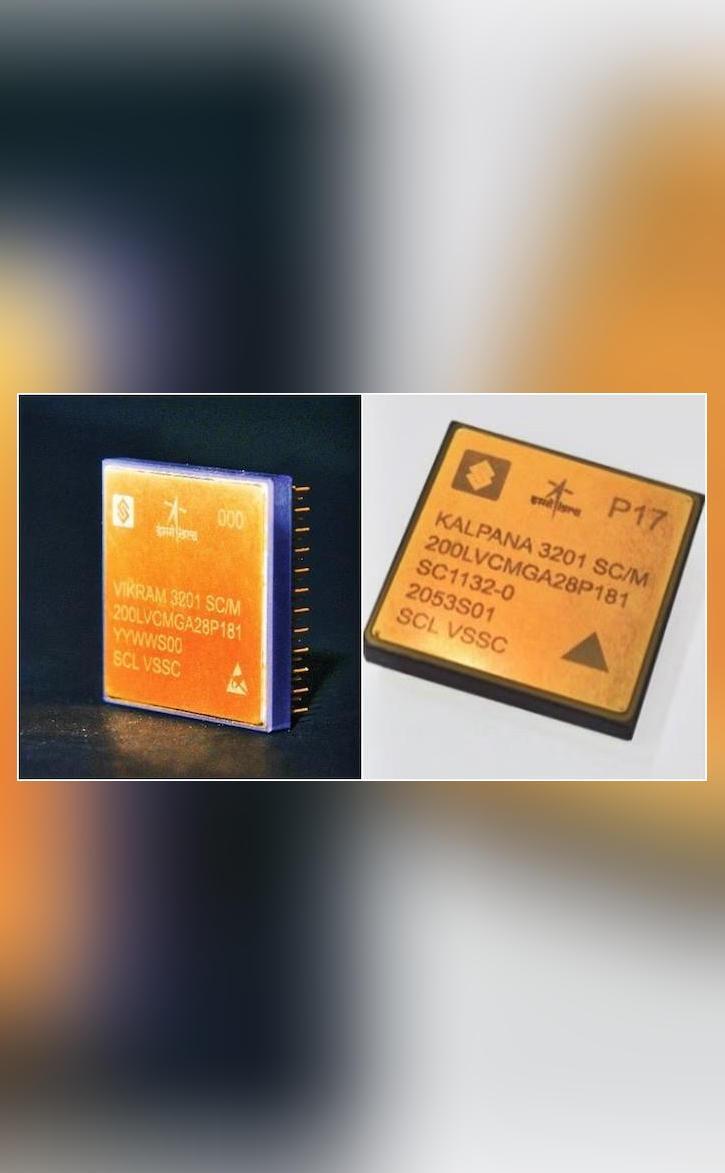
ISRO & SCL Develop 32-bit Microprocessors for Space Applications
The Indian Space Research Organisation (ISRO) and the Semiconductor Laboratory in Chandigarh have jointly developed two 32-bit microprocessors, VIKRAM3201 and KALPANA3201. These microprocessors have been specifically designed for space applications, marking a significant milestone in the country’s quest for self-reliance in the space technology sector.
VIKRAM3201, in particular, is a notable achievement, as it is the first fully “Make-in-India” 32-bit microprocessor to be qualified for use in the harsh environmental conditions of launch vehicles. This development is a testament to the capabilities of Indian scientists and engineers in designing and developing complex electronic systems for space applications.
The VIKRAM3201 microprocessor is a high-performance, radiation-hardened device that is capable of operating in extreme temperatures, ranging from -20°C to 100°C. It is designed to withstand the intense radiation and vibrations encountered during the launch phase of a spacecraft, making it an ideal choice for applications such as navigation, communication, and control systems.
The KALPANA3201 microprocessor, on the other hand, is a more general-purpose device that is designed for use in a variety of space-related applications, including satellite-based navigation systems, remote sensing missions, and interplanetary exploration. It is also radiation-hardened and can operate in extreme temperatures, making it a reliable choice for use in space missions.
The development of these microprocessors is a significant achievement for India, as it demonstrates the country’s ability to design and develop complex electronic systems for space applications. This capability is critical for India’s space program, as it enables the country to develop its own space-based systems and reduce its dependence on foreign suppliers.
The VIKRAM3201 and KALPANA3201 microprocessors are also designed to be highly scalable, making them suitable for use in a wide range of space-related applications. They can be used in a variety of configurations, from simple embedded systems to more complex systems that require high-performance processing.
The development of these microprocessors is also expected to have spin-off benefits for the Indian electronics industry. The technology and expertise gained during the development of these microprocessors can be applied to other areas of the industry, such as the development of high-performance computing systems for other industries, such as healthcare and finance.
In addition to the technical benefits, the development of these microprocessors also demonstrates the country’s commitment to self-reliance in the space technology sector. The Indian government has been actively promoting the development of domestic space capabilities, and the development of these microprocessors is a major step towards achieving that goal.
The VIKRAM3201 and KALPANA3201 microprocessors have been developed as part of ISRO’s efforts to promote indigenous development of space-related technologies. The organization has been working closely with Indian industry partners to develop a range of space-related technologies, including launch vehicles, satellites, and ground systems.
In conclusion, the development of the VIKRAM3201 and KALPANA3201 microprocessors is a significant achievement for ISRO and the Indian electronics industry. These microprocessors are designed to meet the specific needs of space applications, and their development demonstrates India’s ability to design and develop complex electronic systems for space applications. The technology and expertise gained during the development of these microprocessors are expected to have spin-off benefits for the Indian electronics industry, and the development of these microprocessors is a major step towards achieving India’s goals for self-reliance in the space technology sector.






